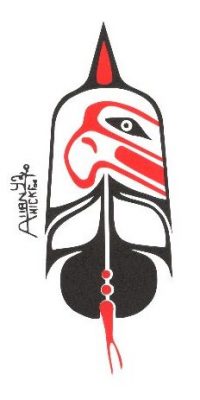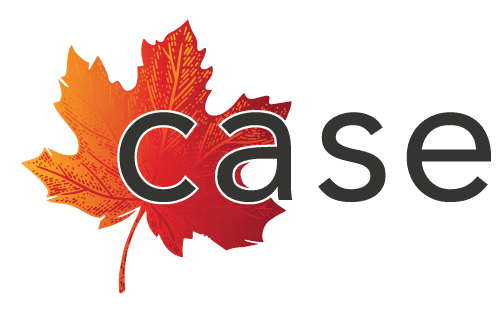November is Indigenous Disability Awareness Month (IDAM)
The Canadian Association for Supported Employment (CASE) proudly joins many others across Canada and the world in proclaiming November Indigenous Disability Awareness Month (IDAM).
IDAM raises awareness about and celebrates the significant social, economic and cultural contributions that Indigenous people experiencing disability bring to our communities. It’s also an opportunity to mobilize to address the complex, ongoing intersectional challenges Indigenous people face in their every day lives.
More Indigenous Persons Experience Disability
Indigenous persons who experience disability often face additional barriers and discrimination when seeking support for their disability-related needs. Disability is tied to the social determinants of health,³ which include income and social protection, unemployment and job insecurity, working life conditions, and social inclusion and non-discrimination.

Over 30 per cent of Indigenous Canadians (aged 15 and over) experience disability,¹ compared with 22 per cent of all Canadians (aged 15 and over).²
IDAM's National and International Recognition
IDAM was created in 2015 by Indigenous Disability Canada/British Columbia Aboriginal Network on Disability Society (IDC/BCANDS) and was proclaimed that year by the Government of British Columbia. In 2017, the United Nations Committee on the Rights of Persons with Disabilities recommended that Canada officially proclaim and recognize IDAM nationally.
Today, IDAM is recognized by many governments, communities and organizations across Canada and internationally.
Joanna Goode, Executive Director of the Canadian Association for Supported Employment (CASE), commented on CASE’s collaborations with Indigenous communities:
“CASE partnerships with Indigenous communities have indicated that Indigenous Canadians who experience disability encounter multiple barriers around employment and that each community faces unique challenges. Along with systemic discrimination, other challenges can include lack of childcare, transportation, and employer flexibility around community celebrations and observances.
"Our Indigenous collaborators are piloting promising supported employment programs that are more relational and culturally appropriate and that could be adapted to respond to the needs of other communities.”
10th Anniversary 2024 National Conference
In 2024, IDAM’s 10th anniversary will be recognized and proclaimed at the fourth Indigenous Disability and Wellness Gathering in Victoria, BC, on the ancestral lands of the Lekwungen People. From November 19-21, 2024, IDC/BCANDS will host this national event at the Victoria Conference Centre.
The Gathering will bring together Indigenous and non-Indigenous governments, leadership, service providers, community members, and others to learn, connect and collaborate in addressing the unique barriers faced by Indigenous people experiencing disability.
More information about the conference can be found on the Indigenous Disability and Wellness Gathering website.
Many Indigenous communities do not have words in their traditional language that describe disability. The introduction of disability as an individual deficit that needs to be managed, tolerated, or fixed does not align with many Indigenous worldviews.
During CASE’s Diversity Works project, discussions with service providers and an Inuit job seeker in Nunavut underline the significance of honouring Inuit approaches to disability:
A community-centred, social approach, in which mental health and substance use are included in disability discourse for BIPOC communities.
Specifically, participants pointed to the deep and lasting mental health impacts of colonial violence (past and present) and racism on the Inuit community.
Source: CASE. Diversity Works: An Exploration of the Employment Journeys of Black, Indigenous, and People of Colour Who Experience Disability. Published August 2022. Accessed October 6, 2023.

